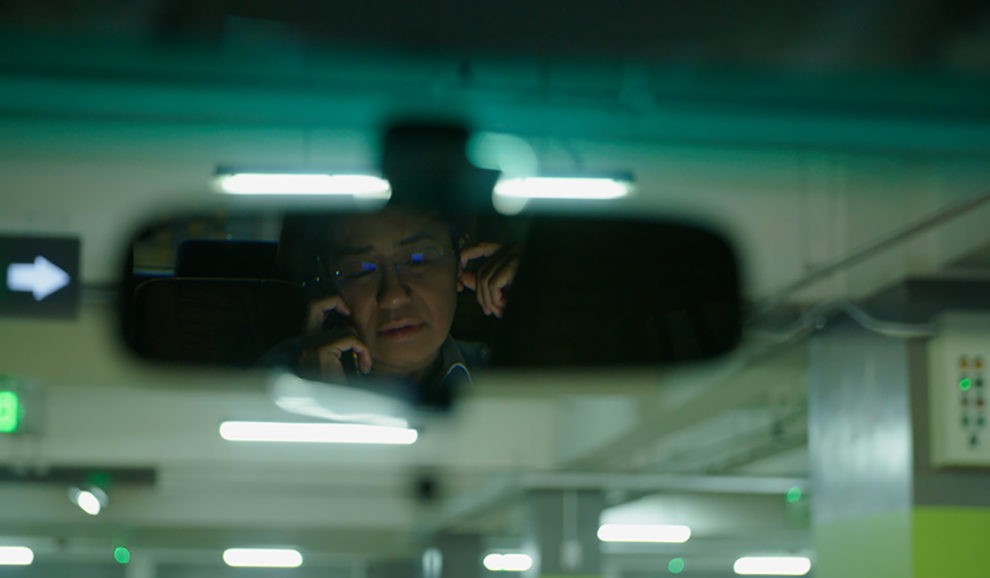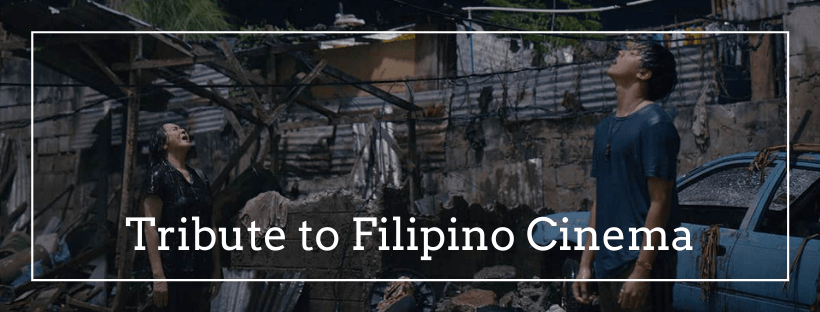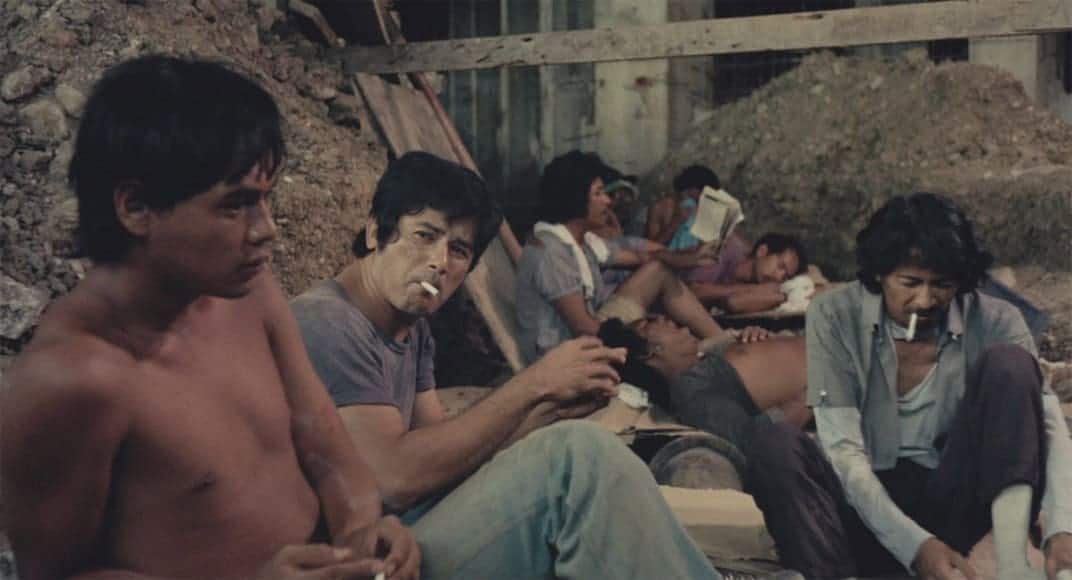Duterte‘s despicable practices and particularly his “War on Drugs” campaign have been the theme of a number of documentaries recently, with “On the President's Orders” being included in our Best Documentaries of 2019 list. Ramona S. Diaz also deals with the same subject through the presentation of the life and work of Maria Ressa, co-founder and executive of Rappler, and an individual who has been persecuted by the current regime in every way possible.
“A Thousand Cuts” is screening at San Diego Asian Film Festival
The documentary unfolds in five axes, all of which are presented through Ressa's life, with the approach highlighting the view of the insider in the best fashion. The first axis revolves around the practices of Duterte since he was a mayor, including both the war on drugs and the spreading of fake news and his overall media campaign, which brings us to the second and essentially most central axis. The fact that Duterte has appointed pop star Mocha Uson as Assistant Secretary of the Presidential Communications Operations Office, highlights his approach in that regard as much as how a regime can use pop-culture to spread its message. The fact that Uson is frequently spreading fake news also adds to that comment, while the whole concept, and particularly how libel is communicated through the internet and how “real” journalists are having a really hard time communicating the actual truth through all the lies, is as shocking as the cruel pragmatism of Duterte.
That the Filipino President does not shy away at all from threatening with murder publicly everyone that goes against him provides even more shock, with his meeting with Ressa (for an interview) and the rest of the Rappler journalists presenting his attitude in all its appalling glory. This aspect also brings us to the third axis, that of the lives and work of various female Rappler reporters, who have to handle the pressure of the threat that hangs above their hands while doing their jobs. The scene where one of them admits she is constantly afraid and even starts crying during a public speech showcases their situation, while also depicting how Ressa's tenacity against all odds inspires her co-workers.
This element brings us to the fourth axis, that of Ressa's own life, which is also explored quite thoroughly, from her past to the many placements as CNN bureau chief, head of the ABS-CBN news division and writer on The Wall Street Journal, to Rappler. The persecution she faces from Duterte's regime comes in complete antithesis with the appreciation she enjoys from journalistic and political organizations all over the world. Ramona S. Diaz “plays” excellently with these controversial elements, as her arrests and trials are juxtaposed with her presence in international meeting and symposiums, with the award she received from Amal Clooney being the apogee of this approach.
That despite her constant struggles, which occasionally border on becoming physical, she retains her smile, composure (even denying changing her way of dressing to impress as per her sister's insistence) and is always willing to support her purpose and her colleagues highlights a truly remarkable persona.
The fifth axis revolves around the senate campaign of 2019, with General Bato Dela Rosa, using the exact same “techniques” as Duterte, implementing pop culture and the rhetoric of hate against drugs to run, and his eventual win against all the efforts of Ressa, Rappler and the woman candidate they supported. That those elections ended with none of the 12 seats that were contested going to the Opposition, a fact that the aforementioned considered a major loss, also comes as a shock about the situation in the country.
In that regard and Ressa's conviction for libel (!), the documentary ends up in a rather pessimistic tone, despite the hope that derives from her and her colleagues' resolve. A woman working in Rappler, stating just before the elections, that she is enjoying her last moments of democracy sets the tone for the whole documentary.
On a technical level, Diaz has done an excellent job in staying as close to Ressa as possible, presenting both the journalist/activist and the actual person in the most eloquent and sincere fashion, with the work done by Gabriel Goodenough and Jeffrey Johnson being exceptional. Leah Marino's editing is also excellent, retaining a speed that mirrors the one Ressa's moves with, which helps much in the watchability of the documentary. Considering that all the different axes and all the different footage are connected in a way that allows the viewer to understand all the topics quite easily emerges as the film's best asset along with the context, and highlights the work of both editor Leah Marino and Diaz's direction.

Probably the only negative thing one could say about “A Thousand Cuts” is that the portrait of Ressa is presented much as a eulogy, although in this case, this could actually be the truth. Nevertheless, “A Thousand Cuts” is a great documentary that analyzes all its themes in the most thorough fashion, and definitely one of the best of the year.
















